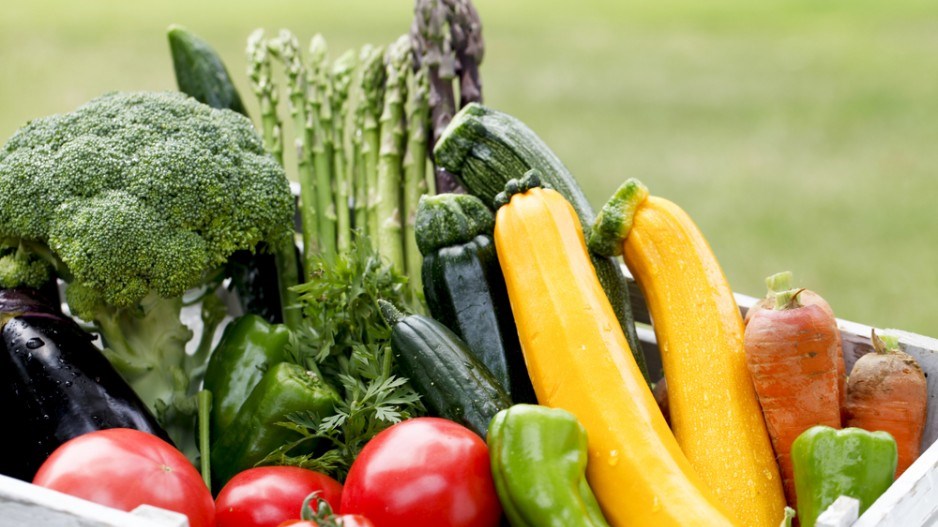B.C. farmers are taking on increased risk from climate change and are not getting the help they need from government, according to a report released Thursday by the Pacific Institute for Climate Solutions.
"The past climate is no longer a sufficient guide to the future, with shifting average and extreme conditions, rising complexity and variability, and increasing cumulative and long-term climate impacts," said Erica Crawford, one of the report's authors.
"This affects everything on the farm including the viability of certain crops, reliability of water supply, and having to cope with new pests, diseases, and more extreme weather events."
Farmers are bearing the majority of the costs and risks of climate change, as well as dealing with new government regulations and standards, said Crawford. According to the report's authors, action on climate change is currently stymied by a "disconnect" between government decision-making and the issues farmers face.
The report recommends the government:
- review governance, management and policy-making structures;
- conduct collaborative, applied research;
- support farmers' efforts on climate change innovation;
- improve income stability for farmers and make it easier for new farmers to get into the business;
- integrate agricultural impacts, including water rights for farmers, into land-use planning; and
- continue to protect farmland through the agricultural land reserve (ALC), as well as increase resources for the ALC.
"Policy makers do not always fully understand the unintended consequences on farmers and ranchers in B.C.," said Rhonda Driediger, chair of the BC Agriculture Council, in response to the report. "We need to take steps to strengthen our sector in view of climate change, with better communication linkages between the policy makers and farmers."




